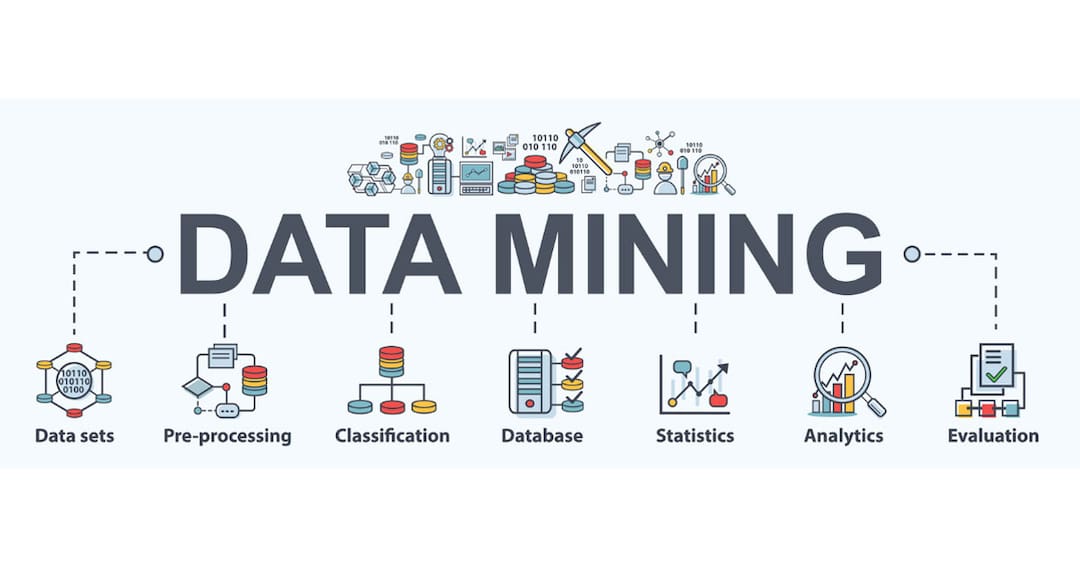
- Teacher: Admin User
Moodle is an open-source Learning Management System (LMS) that provides educators with the tools and features to create and manage online courses. It allows educators to organize course materials, create quizzes and assignments, host discussion forums, and track student progress. Moodle is highly flexible and can be customized to meet the specific needs of different institutions and learning environments.
Moodle supports both synchronous and asynchronous learning environments, enabling educators to host live webinars, video conferences, and chat sessions, as well as providing a variety of tools that support self-paced learning, including videos, interactive quizzes, and discussion forums. The platform also integrates with other tools and systems, such as Google Apps and plagiarism detection software, to provide a seamless learning experience.
Moodle is widely used in educational institutions, including universities, K-12 schools, and corporate training programs. It is well-suited to online and blended learning environments and distance education programs. Additionally, Moodle's accessibility features make it a popular choice for learners with disabilities, ensuring that courses are inclusive and accessible to all learners.
The Moodle community is an active group of users, developers, and educators who contribute to the platform's development and improvement. The community provides support, resources, and documentation for users, as well as a forum for sharing ideas and best practices. Moodle releases regular updates and improvements, ensuring that the platform remains up-to-date with the latest technologies and best practices.
Links of interest:

About the couse
Content
A typical data mining syllabus covers fundamental data mining concepts, data preprocessing, various mining techniques like classification, clustering, and association rule mining, and data visualization. It also delves into advanced topics such as big data, data warehousing, and the application of data mining in different domains.
Key Topics in a Data Mining Syllabus:
Data Mining Foundations: Introduction to data mining, its applications, and the data mining process.
Data Preprocessing: Cleaning, transforming, and reducing data to prepare it for analysis.
Classification and Prediction: Techniques for categorizing data and forecasting future outcomes.
Clustering: Grouping similar data points together based on their characteristics.
Association Rule Mining: Discovering relationships and patterns within data.
Data Visualization: Representing data graphically to facilitate understanding and analysis.
Advanced Data Mining: Exploring newer and specialized data mining techniques.
Data Warehousing and OLAP: Understanding data warehouses and their role in data mining.
Big Data: Handling and analyzing large datasets using data mining techniques.
Data Analysis: Applying statistical and analytical methods to extract meaningful insights from data.
Mining Special Kinds of Data: Addressing data mining challenges in text and graph data.
Data Mining Tools and Software: Learning how to use different data mining software and platforms.